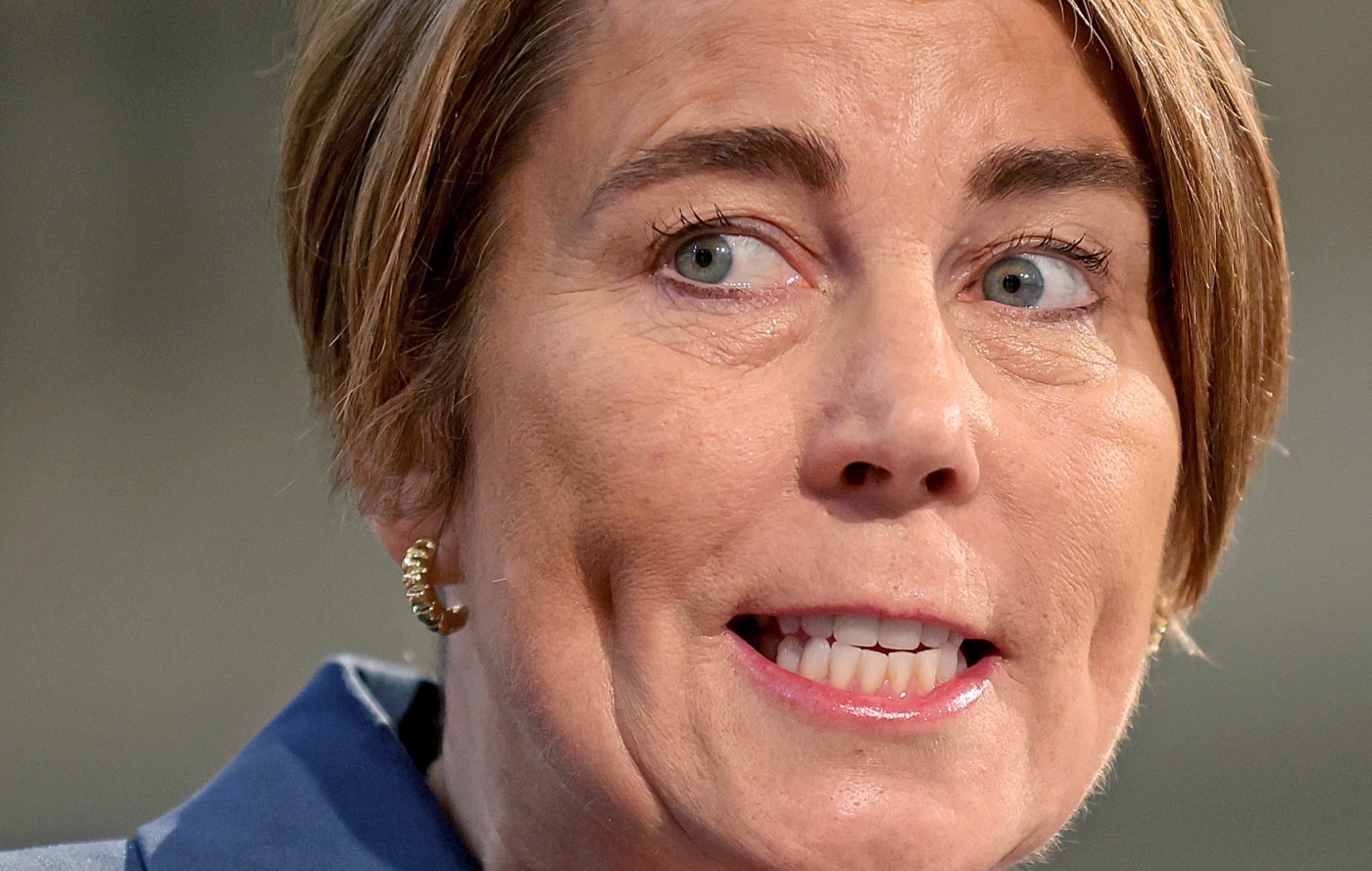The ongoing dispute between the Trump administration and Massachusetts Governor Maura Healey centers on the release of funds from the Low Income Home Energy Assistance Program (LIHEAP) as energy costs continue to rise with the onset of colder weather. Following a written response issued on March 15, 2024, to Healey’s urgent request for the immediate release of LIHEAP funding, Andrew Nixon, Communications Director for the Department of Health and Human Services, issued a second statement later that evening, escalating the conflict by labeling Healey a “complete disgrace.”
In his remarks, Nixon criticized Healey for what he called a failure to take responsibility for the recent government shutdown, which he described as the longest in American history. He stated, “Governor Healey should apologize to their constituents for shutting down the government and delaying this aid to the American people. They deserve better.” His initial response pointed to the shutdown as the core reason for the funding delay, asserting that the administration was actively working to distribute annual LIHEAP awards despite these challenges.
Healey’s office swiftly countered Nixon’s comments. Karissa Hand, spokesperson for the governor, criticized Robert F. Kennedy Jr., the Secretary of Health and Human Services, for the back-and-forth exchanges between the two offices. Hand stated, “Instead of name calling, Secretary Kennedy needs to do his job. He’s failing to help Americans heat their homes… We deserve a Secretary of Health and Human Services who spends his time working to lower health care costs.”
Under the recently passed Continuing Resolution (H.R. 5371), Congress allocated $4.025 billion for LIHEAP. The Office of Community Services (OCS), part of the Administration for Children and Families (ACF), plans to utilize special authority to release a total of $3.7 billion in LIHEAP funds, which includes $3.6 billion from the fiscal year 2026 regular block grant funding and an additional $100 million from the final supplemental funding available under the Infrastructure Investment and Jobs Appropriations Act. The Department anticipates that these funds will be available by the end of March.
In a statement following the Herald’s report, Healey expressed her frustration, declaring, “No more excuses. President Trump needs to do his job and get LIHEAP money out the door so people can heat their homes.” During a press conference on March 14, 2024, she emphasized the urgency of the situation, stating, “It is unacceptable to me that Massachusetts families are going to go without heating assistance that they are due from the federal government.”
Healey’s calls for immediate action have garnered support from some members of Massachusetts’s federal delegation. Democratic Congresswoman Lori Trahan voiced her concerns on social media, highlighting the plight of over 300,000 residents in Massachusetts struggling with heating costs. She stated, “More than 300,000 people across Massachusetts are struggling to keep their homes warm because the Trump administration is holding federal home heating assistance hostage.”
Meanwhile, a report released by the Fiscal Alliance Foundation has pointed to state climate policies and mandates as significant contributors to escalating energy costs in Massachusetts. Healey publicly disagreed with the findings of this report, indicating her administration’s stance on the issue.
As the situation develops, both sides remain entrenched in their positions, and the urgency for a resolution grows as winter continues to bear down on vulnerable populations in Massachusetts.
